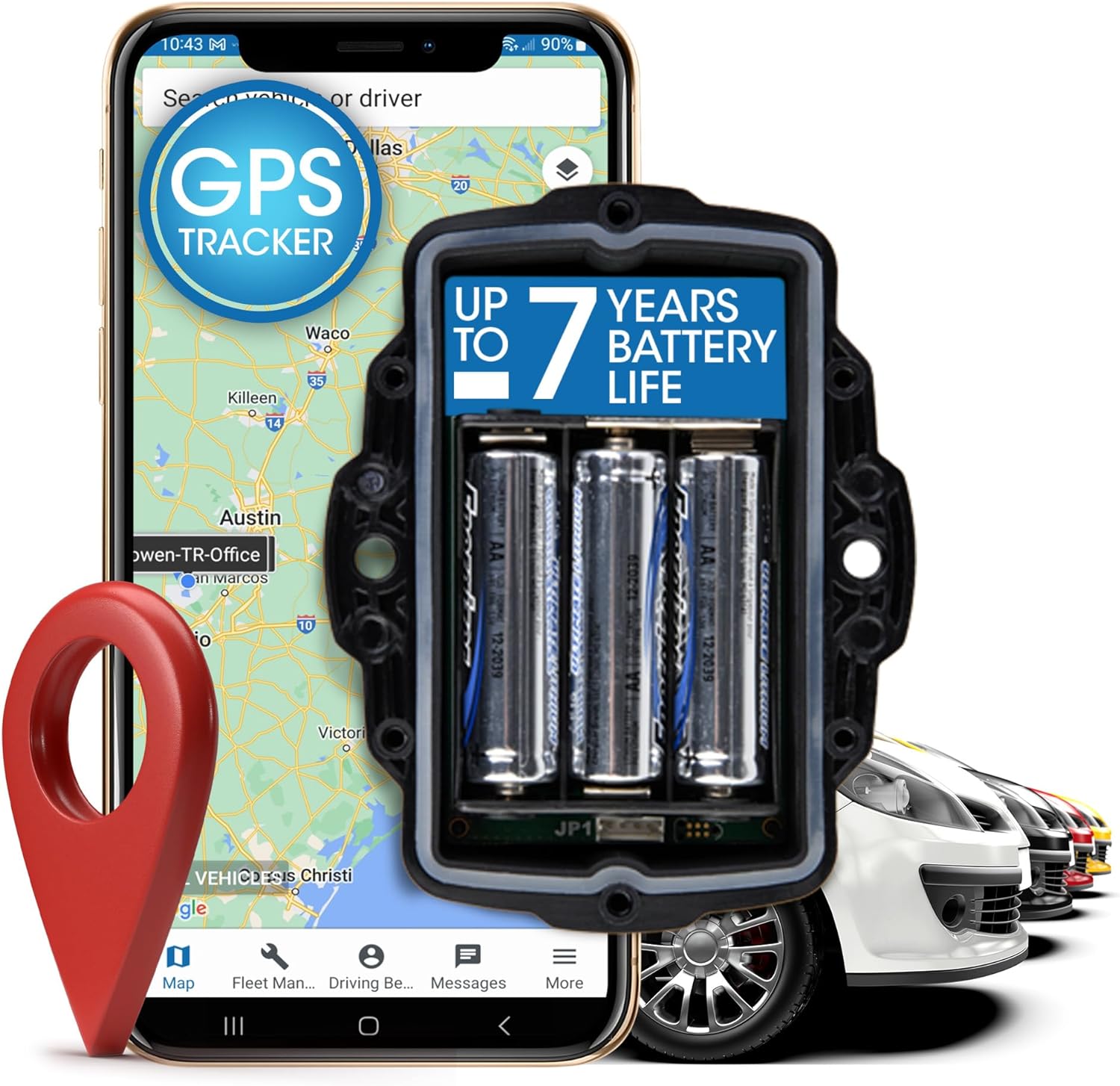Cutting-edge Uses of GPS Tracking in Everyday Life
Cutting-edge Uses of GPS Tracking in Everyday Life
Blog Article
Navigating the Future of GPS Monitoring: Developments, Obstacles, and Opportunities Ahead
As we stand at the crossroads of technological developments and social implications, the landscape of general practitioner monitoring is positioned for a transformative trip in advance. The evolution of GPS innovation has been quick, introducing a brand-new era of real-time monitoring abilities that assure unprecedented degrees of accuracy and performance. Nonetheless, with great technology comes terrific responsibility, as data privacy concerns loom large and security obstacles in general practitioner tracking raise pertinent concerns concerning protecting sensitive info. Yet, among these obstacles lie hidden opportunities waiting to be discovered, offering a glance into the untapped potential of a sector at the edge of modification.
Advancement of GPS Modern Technology
Created for armed forces purposes, GPS technology has actually evolved to end up being an ubiquitous device in numerous sectors, including transportation, logistics, agriculture, and personal navigating. Early General practitioner systems were identified by restricted coverage, lower accuracy, and bulkier hardware requirements.
One trick landmark in the development of GPS innovation was the development of Careful Schedule (SA) in the 1990s, which intentionally degraded the accuracy of civilian GPS signals. The discontinuation of SA in 2000 dramatically enhanced GPS precision for private users. Succeeding innovations, such as the release of extra satellite constellations like Galileo and BeiDou, have further enhanced GPS coverage and precision, making it an indispensable tool in daily life. As GPS innovation remains to develop, we can anticipate further improvements in efficiency, accuracy, and insurance coverage, opening brand-new possibilities for advancement and applications throughout various sectors.
Real-Time Tracking Innovations
Structure on the innovations in GPS modern technology that have revolutionized precision and protection, real-time monitoring has emerged as a pivotal location of innovation with profound ramifications throughout various fields. Real-time monitoring improvements enable companies and businesses to check properties, cars, and employees instantly, giving useful understandings for decision-making procedures - gps tracking. By leveraging real-time data, firms can improve functional performance, boost customer support, and make certain the security and safety and security of their assets
One of the crucial innovations in real-time monitoring is the combination of fabricated knowledge and artificial intelligence algorithms, which make it possible for anticipating analytics and anomaly detection. These capabilities permit proactive upkeep scheduling, path optimization, and risk reduction strategies. In addition, the advancement of real-time monitoring systems has actually caused the growth of personalized control panels and mobile applications, empowering customers to gain access to essential information anytime, anywhere.
Data Personal Privacy Issues

Data personal privacy problems incorporate numerous facets, consisting of the storage, sharing, and retention of area data. Businesses must apply robust security actions to shield general practitioner monitoring information from cyber dangers and information violations. Clear policies relating to information collection methods and the purpose of monitoring are important to build trust fund with consumers and make sure compliance with information security laws.
Protection Challenges in GPS Monitoring
Attending to data privacy concerns in GPS monitoring is delicately linked to mitigating the security challenges that occur from possible vulnerabilities in the modern technology. One of the main protection difficulties in GPS tracking is the risk of unauthorized access to sensitive area information.

One more safety and the original source security obstacle is the capacity for spoofing or obstructing GPS signals. Applying robust security, authentication measures, and signal verification procedures are crucial actions in resolving these safety and security challenges in GPS monitoring.
Emerging Opportunities in the Sector
The growing field of GPS monitoring modern technology presents a myriad of promising chances for industry growth and development. One key possibility exists in the expansion of GPS tracking applications beyond typical fields. Industries such as logistics, transportation, and fleet management have actually been early adopters of GPS technology. Nevertheless, arising chances are now arising in locations like medical care, agriculture, and ecological monitoring. General practitioner tracking can transform client treatment by allowing remote surveillance of vital indicators and guaranteeing prompt clinical assistance. In agriculture, general practitioner innovation can enhance plant monitoring methods and improve total yield. Environmental surveillance can benefit from GPS tracking by allowing real-time data collection for environment study and preservation initiatives.
An additional significant possibility in the GPS monitoring sector is the integration of advanced analytics and synthetic intelligence. By leveraging these innovations, services can gain beneficial insights from GPS data to enhance operational efficiency, improve decision-making processes, and offer personalized services to consumers. Additionally, the boosting demand for connected gadgets and IoT options provides a ripe chance for GPS tracking companies to increase their offerings and produce innovative solutions that accommodate a much more connected globe. By profiting from these emerging chances, general practitioner tracking business can position themselves for sustained development and success in the vibrant landscape of the industry.
Verdict
In final thought, the future of General practitioner monitoring is marked by continuous evolution and advancement in modern technology. As the sector relocates ahead, navigating these difficulties will certainly be critical to ensure the continued development and success of General practitioner monitoring technology.
With great technology comes terrific obligation, as data personal privacy problems loom large and protection obstacles discover here in GPS monitoring raise significant questions about securing delicate information.With the quick proliferation of General practitioner monitoring innovation in various markets, addressing information personal privacy concerns has come to be a crucial important for both customers and companies alike. The collection of place data through General practitioner tracking raises substantial personal privacy issues, as it allows the surveillance of individuals' motions and habits. Services using General practitioner monitoring must prioritize securing this data to prevent unapproved accessibility or abuse that might jeopardize individuals' personal privacy civil liberties.
Organizations have to implement robust security actions to protect GPS tracking information from cyber hazards and data breaches.
Report this page